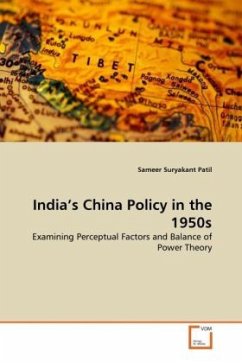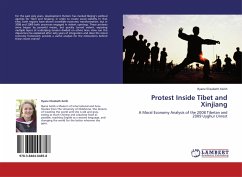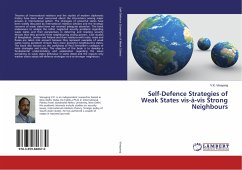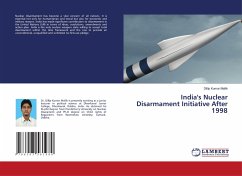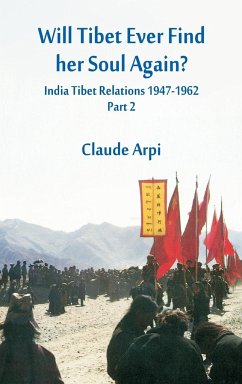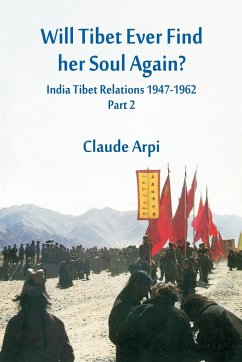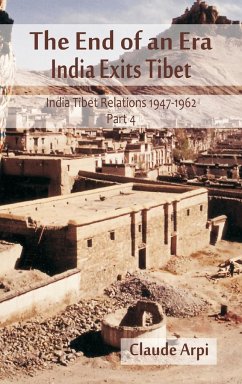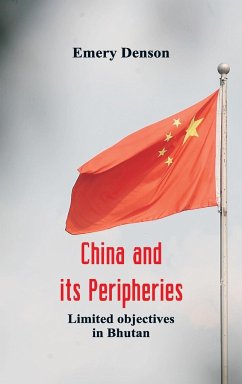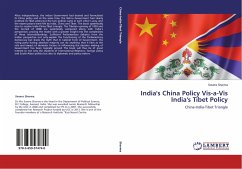
India's China Policy Vis-a-Vis India's Tibet Policy
China-India-Tibet Triangle
Versandkostenfrei!
Versandfertig in 6-10 Tagen
55,99 €
inkl. MwSt.

PAYBACK Punkte
28 °P sammeln!
After independence, the Indian Government had desired and formulated its China policy and at the same time, the Nehru Government had clearly outlined its Tibet policy but the two policies came in each other's way, and the repercussions were felt by India, China and Tibet. The book systemically tries to resolve India-China-Tibet triangle. The Tibetan uprising of 1959 and the turmoil of 2008 are systemically compared along with India's perspective, proving the reader with a greater insight into the complexities of these interrelationships. Sufficient Parliamentary debates from the Indian perspec...
After independence, the Indian Government had desired and formulated its China policy and at the same time, the Nehru Government had clearly outlined its Tibet policy but the two policies came in each other's way, and the repercussions were felt by India, China and Tibet. The book systemically tries to resolve India-China-Tibet triangle. The Tibetan uprising of 1959 and the turmoil of 2008 are systemically compared along with India's perspective, proving the reader with a greater insight into the complexities of these interrelationships. Sufficient Parliamentary debates from the Indian perspective not only explain the functioning of the Parliamentary democracy but sheds the myth that in Cabinet form of Government, the ruling party having absolute majority can do anything that it likes as the role and impact of domestic factors in influencing the decision making of Government has been logically proved. The book will thus be of great interest to not only the students of International Relations, foreign policy and South-Asian politics but also to diplomats and policy makers.



